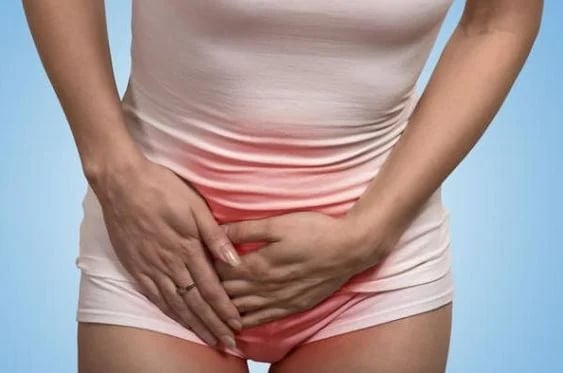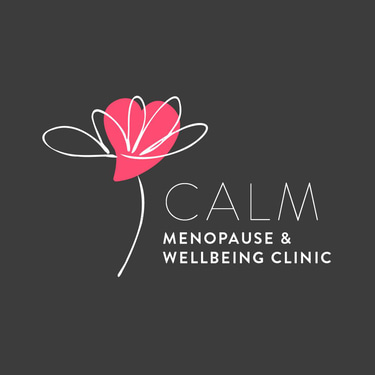Understanding Vaginal and Urinary Symptoms During Perimenopause and Menopause
5/23/2025


Navigating Vaginal Dryness and Urinary Symptoms During Perimenopause and Menopause
Menopause is a natural transition that every woman experiences, but despite how universal it is, many of the symptoms are still surrounded by silence. Among the lesser-discussed—but very common—issues are vaginal dryness and urinary symptoms, which often begin during perimenopause (the time leading up to menopause) and continue afterward.
These changes can be distressing, uncomfortable, and even impact your quality of life. But the good news is? They are manageable—and you’re not alone.
What Causes These Changes?
Hormones, particularly oestrogen, play a crucial role in maintaining the health of the vaginal and urinary tissues. As oestrogen levels decline during perimenopause and menopause, several changes can occur:
The vaginal walls become thinner, less elastic, and drier—a condition known as vaginal atrophy or genitourinary syndrome of menopause (GSM).
The tissues around the urethra (the tube that carries urine out of the body) also thin and weaken, contributing to urinary symptoms.
Common Symptoms to Watch For
Vaginal Symptoms:
Dryness
Burning or irritation
Itching
Pain or discomfort during intercourse (dyspareunia)
Light bleeding after sex
Urinary Symptoms:
Increased urgency (sudden, strong urge to urinate)
Frequent urination
Burning sensation during urination
Increased risk of urinary tract infections (UTIs)
Stress incontinence (leakage when laughing, coughing, or sneezing)
These symptoms can range from mild to severe and may fluctuate over time.
Why It Matters
Ignoring these symptoms can lead to more discomfort and potentially impact your emotional well-being, sexual health, and even your relationships. But these issues are treatable—and you deserve to feel comfortable and confident in your body.
Managing Vaginal and Urinary Symptoms
1. Vaginal Moisturisers and Lubricants
Moisturisers (used regularly) help maintain hydration of the vaginal tissues.
Lubricants (used during intercourse) reduce friction and discomfort.
Look for water-based or silicone-based options without added perfumes or irritants.
2. Local Oestrogen Therapy
Available as creams, tablets, or rings, this therapy delivers low doses of oestrogen directly to the vaginal area.
Helps restore tissue thickness, elasticity, and moisture.
Often recommended as a first-line treatment for GSM.
3. Systemic Hormone Therapy
For women experiencing broader menopausal symptoms (like hot flushes and night sweats), systemic oestrogen (oral or patch) may be helpful.
Not everyone is a candidate, so it’s important to discuss the risks and benefits with a healthcare provider.
4. Lifestyle Adjustments
Stay hydrated and avoid irritants like scented soaps or douches.
Practice pelvic floor exercises (like Kegels) to strengthen muscles and reduce urinary leakage.
Quit smoking, which can worsen GSM and bladder health.
Wear cotton underwear and avoid tight-fitting clothes to minimise irritation.
5. Non-Hormonal Treatments
Products like DHEA vaginal inserts and laser therapies are newer options some women explore.
Over-the-counter vaginal moisturisers with hyaluronic acid may also provide relief.
When to See a Doctor
If you’re experiencing discomfort, pain, or recurrent infections, don’t hesitate to speak with your healthcare provider. It might feel awkward, but your symptoms are valid, and treatment can make a significant difference in your quality of life.
Final Thoughts
Vaginal dryness and urinary symptoms during perimenopause and menopause are normal but not something you have to “just live with.” You deserve comfort, pleasure, and confidence through every stage of life.
Opening up the conversation is the first step toward reclaiming your well-being.
Need more support? Consider talking to a gynaecologist or a menopause specialist. There are also community groups and online forums where women share their experiences and advice.
Let’s keep the conversation going—because menopause is a journey best navigated with information, support, and compassion.
Contact:
website: calmmenopause.co.uk
Telephone: 07511039004
© 2024. All rights reserved.
email: vikki@calmmenopause.co.uk


